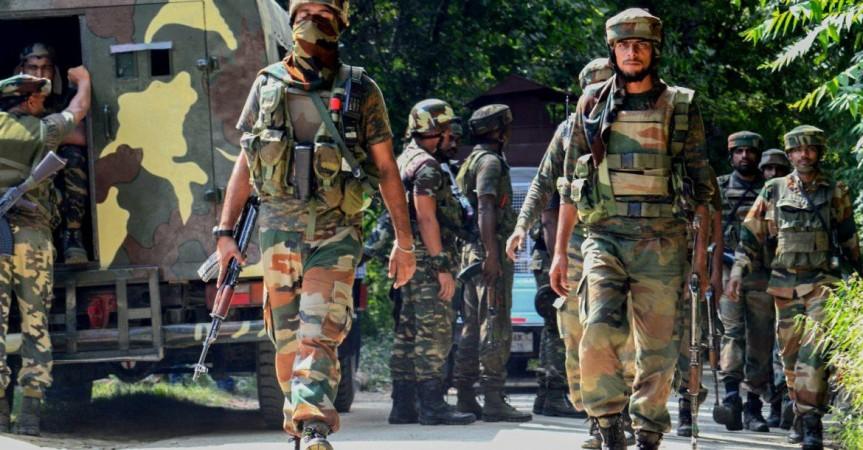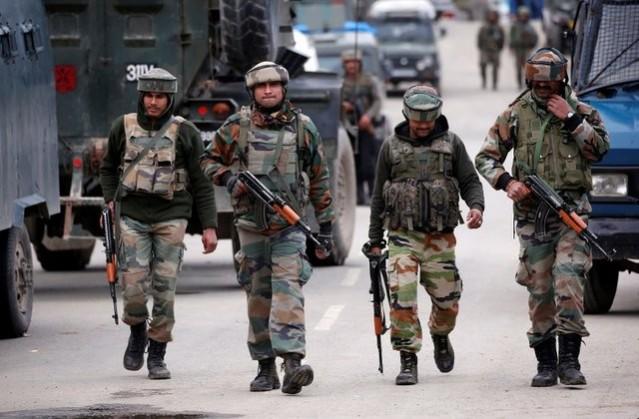The Indian Army has started process to acquire 100,000 'AK-47 protected' helmets in what could be one of the world's largest procurement of specialized ballistic helmets. The infantry Directorate of the Indian Army has initiated the process last month by issuing a Request for Information (RFI) on Indian and global helmet manufacturers. In fact, the concerned Directorate of the Indian Army has already held a preliminary meeting with a few helmet manufacturers in the national capital.
The Request for Proposals (RFPs) is expected to be issued in February 2021. These new ballistic helmets will replace the 'bulletproof patka' that the Army is using since the beginning of the 1990s and the helmets acquired by Army in 2018 by Kanpur based private player MKU.
New helmets to effectively lower the AK-47s impact
There is multiple reasons why the Army has started the process of acquiring new ballistic helmets. The helmets which the Army acquired in 2018 from MKU were inadequate in protecting against the AK-47 bullet used by the terrorists. Moreover, every AK-47 bullet travels 2x the speed of sound and creates a big 2,000 joules of kinetic energy that is enough to impose fatal trauma even on victims protected with body armor and helmets.

The new ballistic technologies have managed to produce helmets that can reduce the impact of AK-47 round to less than 10 joules. The army is also planning mount accessories like night-vision goggles, a torch, visors and face shields on these helmets.
The Army categorically wants the new helmet to protect against the AK-47's 7.62x39 mm Mild Steel Core and Hard Steel Core bullets from a closer distance of 10m. Notably, a common AK-47 round is made up of Mild Steel Core, and to penetrate the metal and body armor of security forces in Kashmir, terrorists in the past have used hard steel core bullets. In recent years, there have been two instances, first in Pulwama in 2017 and then at Lethpora in 2018 wherein the terrorists have used armor-piercing AK-47 bullets.

Further, in June this year BSF jawans in Kathua shot down a Pakistani hexacopter that was carrying a US-built M4A1 Colt carbine and two magazines with 60 M855A1 Enhanced Performance Rounds (EPR). These are regular 5.56x45 mm NATO rounds having a steel penetrator tip that can penetrate the Level III body armour used by the Indian Army.














